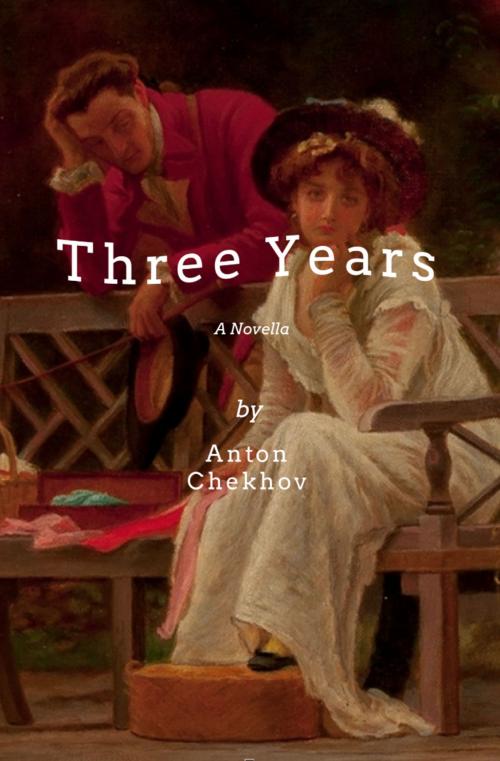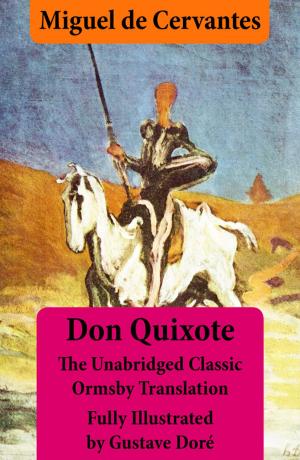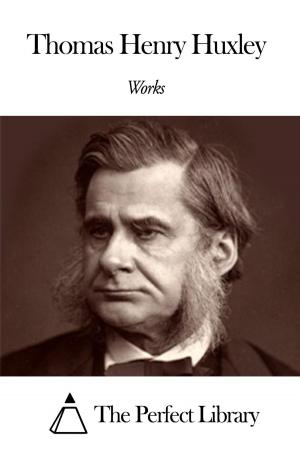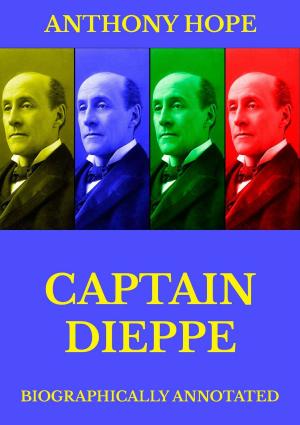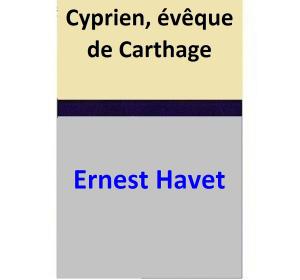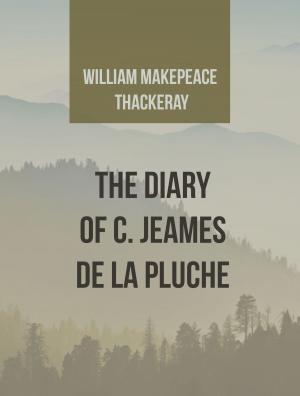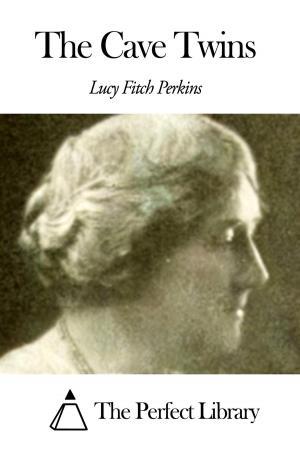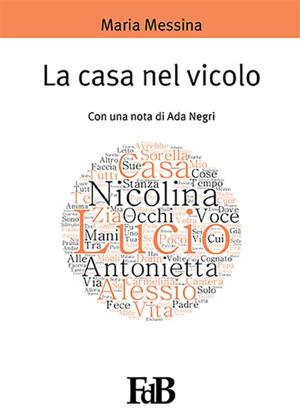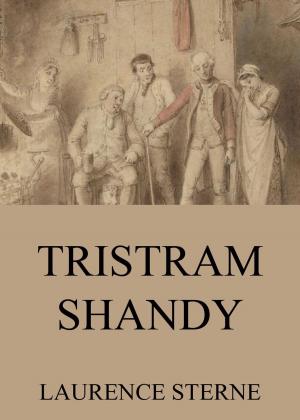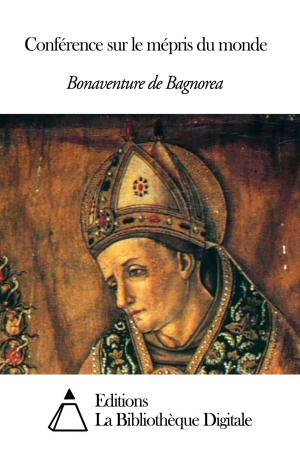| Author: | Anton Pavlovich Chekhov | ISBN: | 1230001397284 |
| Publisher: | New York, Scribner, 1916. | Publication: | October 23, 2016 |
| Imprint: | Language: | English |
| Author: | Anton Pavlovich Chekhov |
| ISBN: | 1230001397284 |
| Publisher: | New York, Scribner, 1916. |
| Publication: | October 23, 2016 |
| Imprint: | |
| Language: | English |
Anton Pavlovich Chekhov's Three Years (1895) was written a decade before the Revolution of 1905--A period of marked lull that preceded the Revolution wherein the intellectuals either harboured a hope for a resurgent Russia or some (like Chekhov) viewed present with a critical eye knowing that dreams of a rosy future need more than just dreaming. This transitory phase had its tremendous impact on the Russian life and character. In the present paper, I am analyzing one of Chekhov's work Three Years which sets its characters against the milieu of a pre-revolutionary Russia showing how the passage of time not only determines the work of art per se but human relationships as well: My prime focus being the marriage at the heart of the story--that of Yulia and Laptev. Not only serial time but historical time as well finds a deep resonance in the narrative of Three Years in which past and present are inextricably fused while determining the future.
Anton Pavlovich Chekhov's Three Years (1895) is a work that defies neat categorization. Hugh Aplin in his introduction and translation of the book tells us how Chekhov started it off as a novel but eventually subtitled it rasskaz (short story) (xi). However, the term povest which he used for it before its publication is more appropriate. Dictionary of Literary Terms & Literary Theory makes this entry for povest:
A Russian term for fictional narrative. It denotes the sum of facts and events connected with an individual or a particular event. . . Terseness and compression are characteristics of povesti, which have less complex plots than novels and are shorter. It is perhaps the Russian equivalent of German Novelle and by virtue of its length, at any rate, comparable with French recit (Cuddon 693).
Time plays a very important role in the Three Years and the work stands midway between being a drama and a novel. The main springs of the actions of the characters are thrown a scarce light upon, incomparably less than what would have been the case in a novel. At the same time the action moves swiftly (as in a drama) while the focus is on the "release of moods and feelings" (Harkins 47). At the centre of the narrative is the marriage of Yulia Sergeyevna with Alexei Fyodorovich Laptev which shapes time as much as it is shaped by it. Laptev's relationship with Yulia is so skewed by his past that in her presence "he could even feel his unattractiveness on his skin" (Chekhov 5). Albeit, he proposes Yulia only to find that love will be ever missing in his marriage. As time passes on Laptev's love became "stronger and stronger, and Yulia seemed to him poetic and exalted, but still there was no mutual love, and the essence was that he was buying and she was selling herself" (26). Yulia unlike Olenka of "The Darling" (1899) is incapable of loving for the sake of love. She agrees to Laptev's proposal while mulling over the nature of marital life sans love:
"Was married life not possible without love? After all, it was said that love soon passed and habit alone remained, and that the very objective of family life was not found in love, not in happiness, but in duties, for example, in the raising of children, in the cares of housekeeping and so on. And the Holy Scripture perhaps meant love for a husband as for a relative, respect for him, indulgence." (20)
She marries to alleviate her boredom and to get away from her self-obsessed father. She fails to love Laptev because love for her is an unearthly emotion that transcends temporality in which Laptev wants to pin her down. It is pertinent that Olya (Yulia's baby) dies and the mother's love also remains unearthly and immaterial. Yulia's love for God (which is unearthly in nature) satisfies her need to love and dote on someone but it fails to give a purpose to her existence. Her existence is best described in her own words: "Every day's a holiday for me from dawn till dusk" (16). Chekov, therefore, exposes the ennui and inertia that marked Russian life both in a provincial Russian town and Moscow as well. He once commented on the Russian character: "Russia is a land of greedy idlers. People eat and drink enormously, love to sleep in the daytime, and snore in their sleep. They marry for the sake of order in their homes, and take a mistress for the sake of social prestige." (Gorky 281-282). However, pity is the redeeming feature of his works. Maxim Gorky comments on this aspect of Anton Chekhov: "He had an almost virginal modesty, he could never bring himself to challenge people loudly and openly . . . vainly trusting that they would themselves realize the urgent necessity of being more decent" (ibid. 282). Pyotr Bitsilli while juxtaposing Anton Chekhov with the great Russian poet Alexander Sergeyvich Pushkin (1799-1837) comments:
Chekhov sees everything in its true light, he reduces everything, he pardons everything, and in the end everything that he has observed and understood awakens
About the Author
Anton Chekhov was born on January 29, 1860, in Taganrog, Russia. Through stories such as "The Steppe" and "The Lady with the Dog," and plays such as The Seagull and Uncle Vanya, the prolific writer emphasized the depths of human nature, the hidden significance of everyday events and the fine line between comedy and tragedy. Chekhov died of tuberculosis on July 15, 1904, in Badenweiler, Germany.
Anton Pavlovich Chekhov's Three Years (1895) was written a decade before the Revolution of 1905--A period of marked lull that preceded the Revolution wherein the intellectuals either harboured a hope for a resurgent Russia or some (like Chekhov) viewed present with a critical eye knowing that dreams of a rosy future need more than just dreaming. This transitory phase had its tremendous impact on the Russian life and character. In the present paper, I am analyzing one of Chekhov's work Three Years which sets its characters against the milieu of a pre-revolutionary Russia showing how the passage of time not only determines the work of art per se but human relationships as well: My prime focus being the marriage at the heart of the story--that of Yulia and Laptev. Not only serial time but historical time as well finds a deep resonance in the narrative of Three Years in which past and present are inextricably fused while determining the future.
Anton Pavlovich Chekhov's Three Years (1895) is a work that defies neat categorization. Hugh Aplin in his introduction and translation of the book tells us how Chekhov started it off as a novel but eventually subtitled it rasskaz (short story) (xi). However, the term povest which he used for it before its publication is more appropriate. Dictionary of Literary Terms & Literary Theory makes this entry for povest:
A Russian term for fictional narrative. It denotes the sum of facts and events connected with an individual or a particular event. . . Terseness and compression are characteristics of povesti, which have less complex plots than novels and are shorter. It is perhaps the Russian equivalent of German Novelle and by virtue of its length, at any rate, comparable with French recit (Cuddon 693).
Time plays a very important role in the Three Years and the work stands midway between being a drama and a novel. The main springs of the actions of the characters are thrown a scarce light upon, incomparably less than what would have been the case in a novel. At the same time the action moves swiftly (as in a drama) while the focus is on the "release of moods and feelings" (Harkins 47). At the centre of the narrative is the marriage of Yulia Sergeyevna with Alexei Fyodorovich Laptev which shapes time as much as it is shaped by it. Laptev's relationship with Yulia is so skewed by his past that in her presence "he could even feel his unattractiveness on his skin" (Chekhov 5). Albeit, he proposes Yulia only to find that love will be ever missing in his marriage. As time passes on Laptev's love became "stronger and stronger, and Yulia seemed to him poetic and exalted, but still there was no mutual love, and the essence was that he was buying and she was selling herself" (26). Yulia unlike Olenka of "The Darling" (1899) is incapable of loving for the sake of love. She agrees to Laptev's proposal while mulling over the nature of marital life sans love:
"Was married life not possible without love? After all, it was said that love soon passed and habit alone remained, and that the very objective of family life was not found in love, not in happiness, but in duties, for example, in the raising of children, in the cares of housekeeping and so on. And the Holy Scripture perhaps meant love for a husband as for a relative, respect for him, indulgence." (20)
She marries to alleviate her boredom and to get away from her self-obsessed father. She fails to love Laptev because love for her is an unearthly emotion that transcends temporality in which Laptev wants to pin her down. It is pertinent that Olya (Yulia's baby) dies and the mother's love also remains unearthly and immaterial. Yulia's love for God (which is unearthly in nature) satisfies her need to love and dote on someone but it fails to give a purpose to her existence. Her existence is best described in her own words: "Every day's a holiday for me from dawn till dusk" (16). Chekov, therefore, exposes the ennui and inertia that marked Russian life both in a provincial Russian town and Moscow as well. He once commented on the Russian character: "Russia is a land of greedy idlers. People eat and drink enormously, love to sleep in the daytime, and snore in their sleep. They marry for the sake of order in their homes, and take a mistress for the sake of social prestige." (Gorky 281-282). However, pity is the redeeming feature of his works. Maxim Gorky comments on this aspect of Anton Chekhov: "He had an almost virginal modesty, he could never bring himself to challenge people loudly and openly . . . vainly trusting that they would themselves realize the urgent necessity of being more decent" (ibid. 282). Pyotr Bitsilli while juxtaposing Anton Chekhov with the great Russian poet Alexander Sergeyvich Pushkin (1799-1837) comments:
Chekhov sees everything in its true light, he reduces everything, he pardons everything, and in the end everything that he has observed and understood awakens
About the Author
Anton Chekhov was born on January 29, 1860, in Taganrog, Russia. Through stories such as "The Steppe" and "The Lady with the Dog," and plays such as The Seagull and Uncle Vanya, the prolific writer emphasized the depths of human nature, the hidden significance of everyday events and the fine line between comedy and tragedy. Chekhov died of tuberculosis on July 15, 1904, in Badenweiler, Germany.
